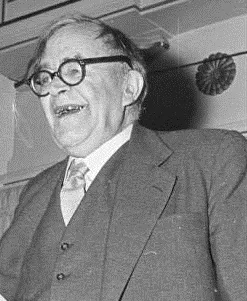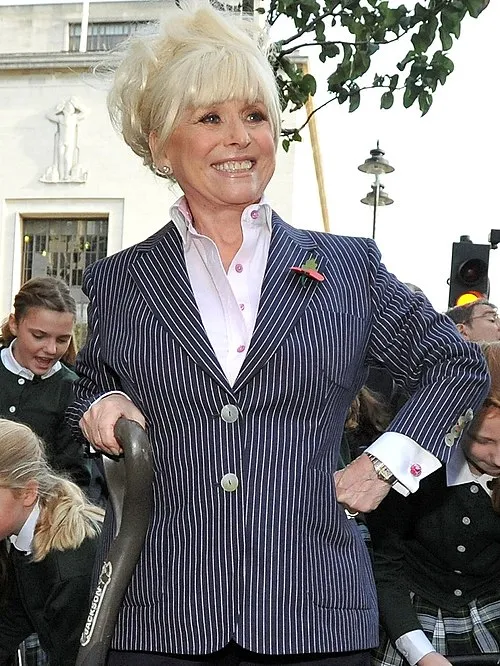In 2021, a catastrophic tornado outbreak devastated the Central, Midwestern, and Southern United States, resulting in widespread destruction and loss of life. A total of 89 fatalities were reported, with Kentucky experiencing the brunt of the tragedy, where a single tornado claimed 57 lives and left hundreds injured. This violent weather event highlighted the deadly power of tornadoes and the urgent need for effective disaster preparedness and response.
On December 10
8
Important Days
51
Important Events
313
Births and Deaths
recorded.
Holidays and Occasions
Events
Births and Deaths

Alfred Nobel Day: Honoring the Legacy of Innovation and Peace
Every year on December 10th, Sweden honors Alfred Nobel Day or Nobeldagen, commemorating the life and legacy of Alfred Nobel, the inventor of dynamite and the founder of the Nobel Prizes. This day is not only a celebration of his contributions but also a reminder of the values for which the Nobel Prizes stand: excellence in scientific research, literature, and peace...

Constitution Day in Thailand: A Deep Dive into History and Significance
Constitution Day, celebrated on December 10th each year, is a significant national holiday in Thailand that commemorates the promulgation of the country’s first constitution in 1932. This day is not only an occasion to celebrate democracy but also to reflect on the historical struggles and achievements that have shaped Thailand's political landscape...

Celebrating Human Rights Day: A Global Commitment to Equality
Human Rights Day is observed globally on December 10th each year, marking the anniversary of the adoption of the Universal Declaration of Human Rights (UDHR) by the United Nations General Assembly in 1948. This pivotal document proclaimed fundamental rights and freedoms inherent to all individuals, irrespective of nationality, ethnicity, or religion...

Behnam, Sarah, and the Forty Martyrs: A Legacy of Martyrdom in the Syriac Orthodox Church
The story of Behnam, Sarah, and the Forty Martyrs holds a sacred place in the history of the Syriac Orthodox Church. These individuals are celebrated for their unwavering faith, sacrifice, and commitment to Christianity during a time of persecution...

Eulalia of Mérida: The Faithful Young Martyr of Spain
Eulalia of Mérida, a young Spanish martyr, is renowned for her steadfast faith and bravery during a time of intense persecution against Christians in the Roman Empire. Celebrated on December 10, she remains a symbol of courage for many believers worldwide...

Exploring Karl Barth's Influence on the Episcopal Church (USA)
Karl Barth (1886-1968) was a Swiss Reformed theologian who is widely regarded as one of the most influential thinkers of the 20th century. His work has had a profound impact on various Christian denominations, including the Episcopal Church in the USA...

Thomas Merton: A Spiritual Guide in the Episcopal Church
Thomas Merton, born on January 31, 1915, in Prades, France, was a prolific writer, theologian, and mystic who played a significant role in the spirituality of the 20th century. Although he is primarily associated with the Roman Catholic Church, Merton's influence extended into the Episcopal Church (USA), where his writings and thoughts on spirituality and faith are embraced by many...

The Translation of the Holy House of Loreto: A Journey Through Faith
The Holy House of Loreto, a significant pilgrimage site in Italy, attracts millions of visitors and faithful every year. This fascinating edifice is not just an architectural marvel, but also a treasure trove of religious history, echoing tales of divine presence and cultural significance...





















